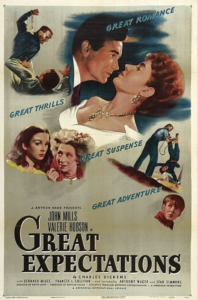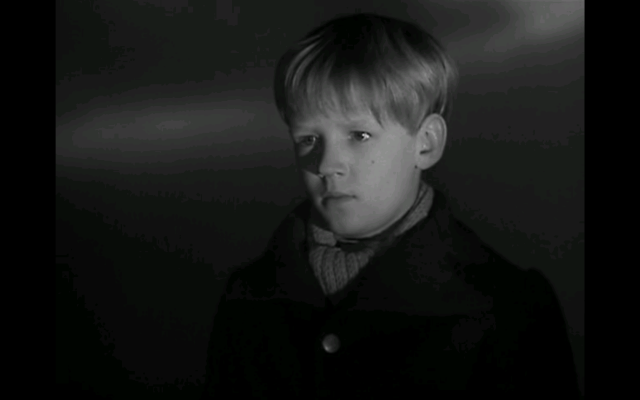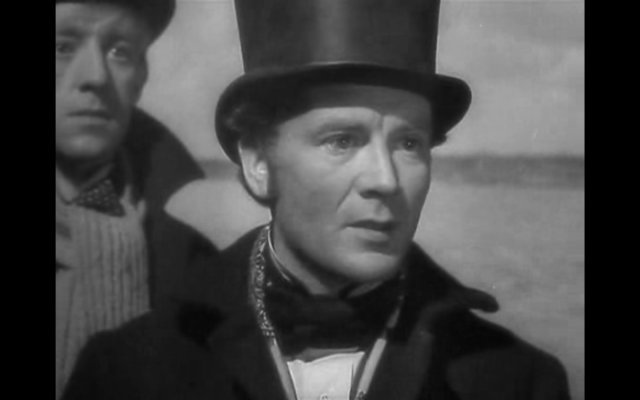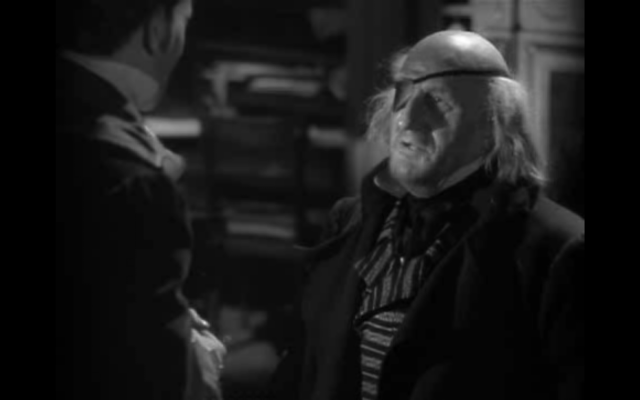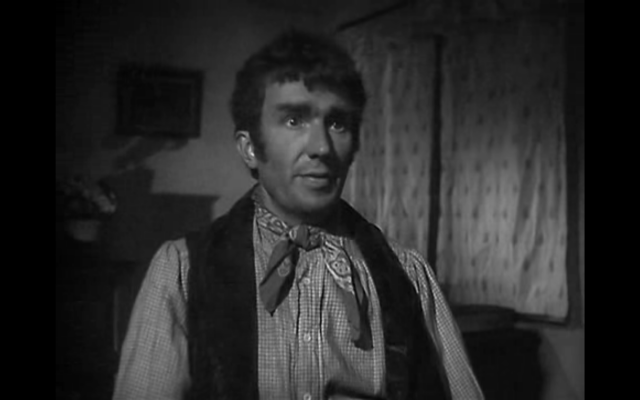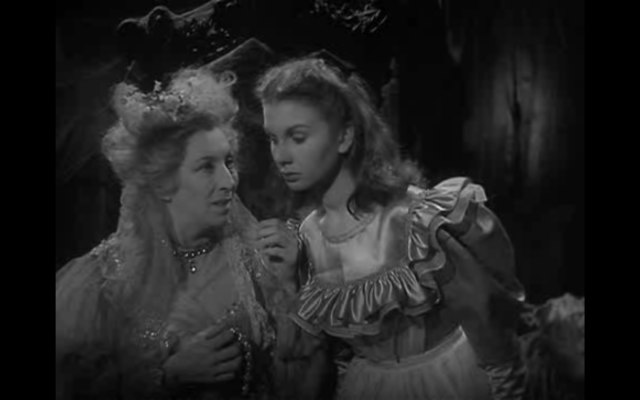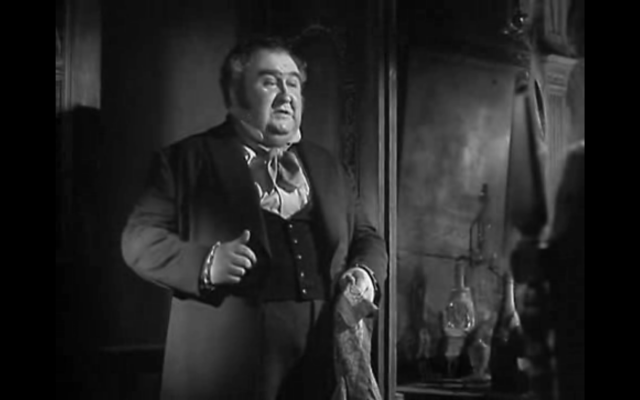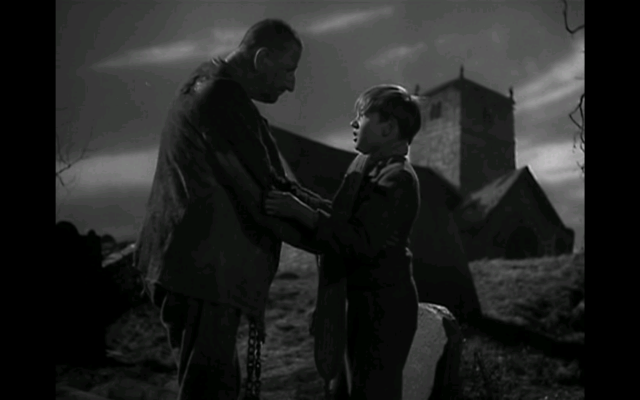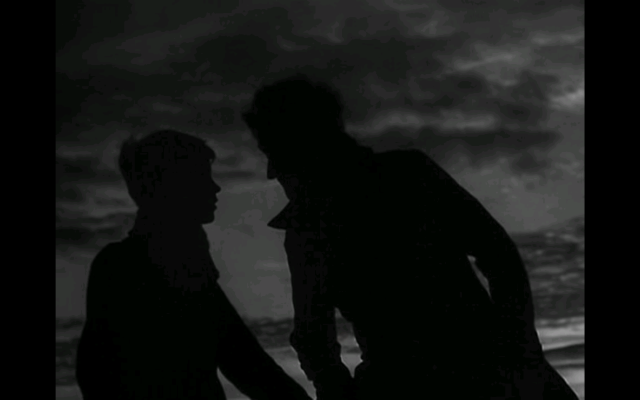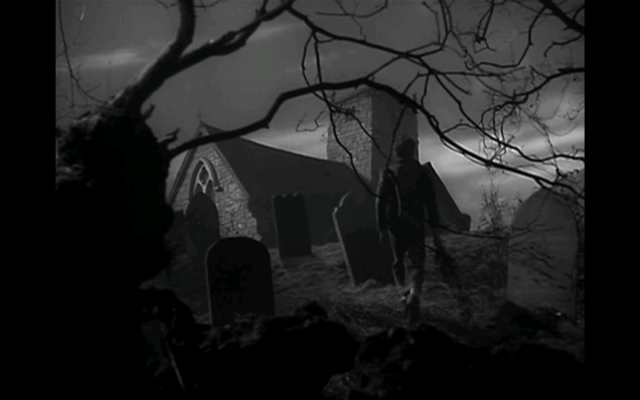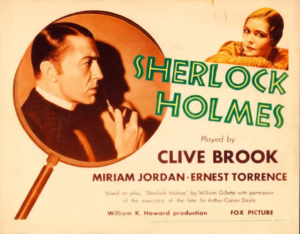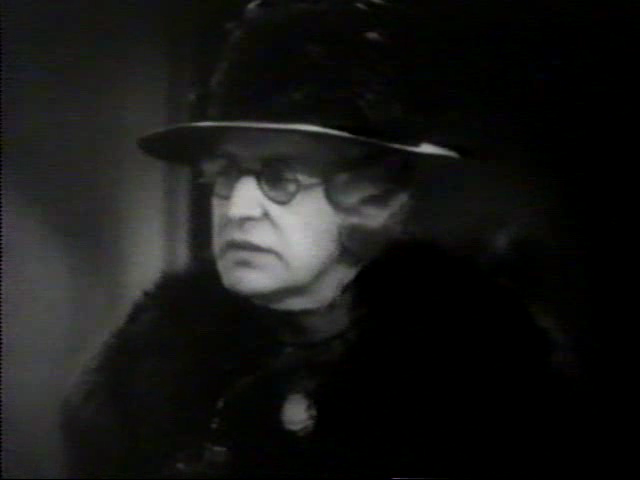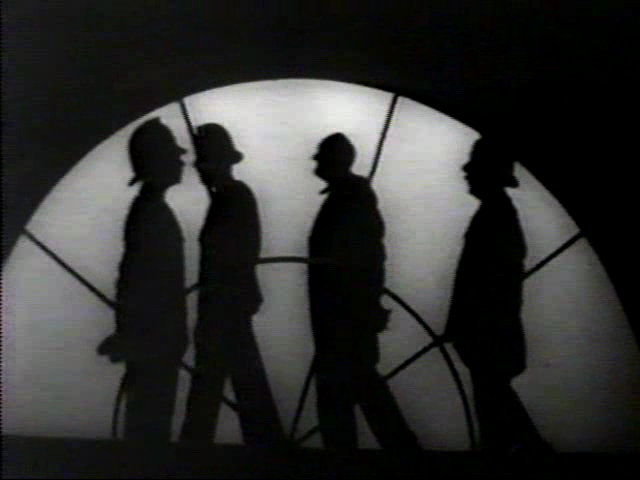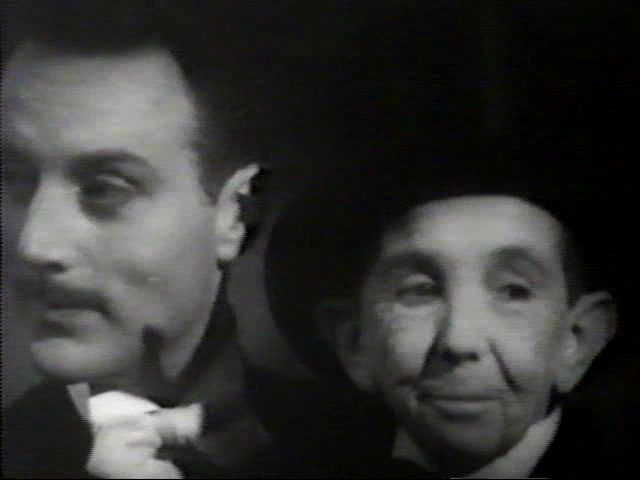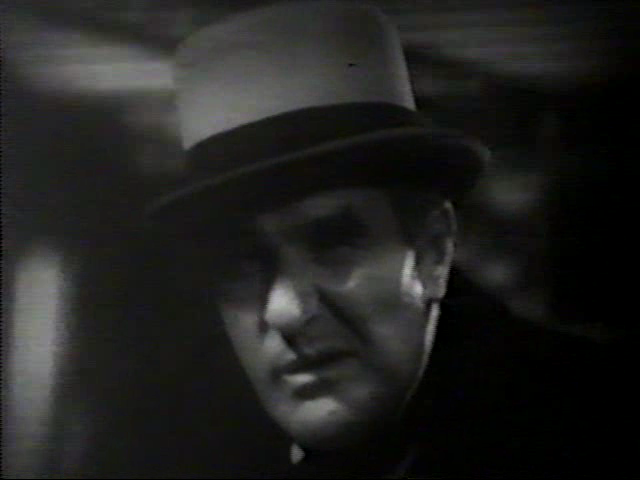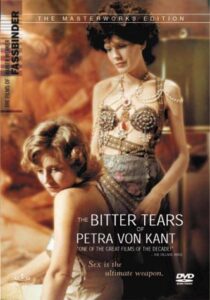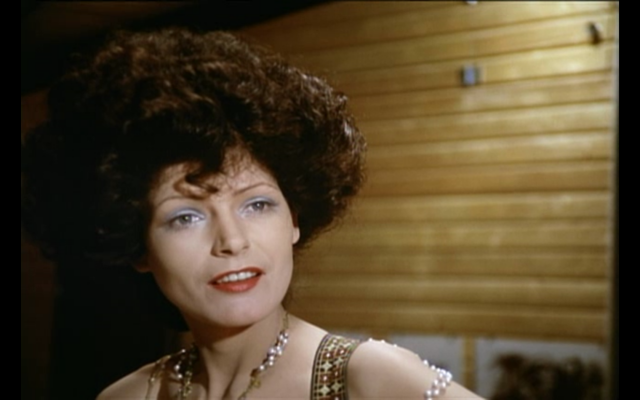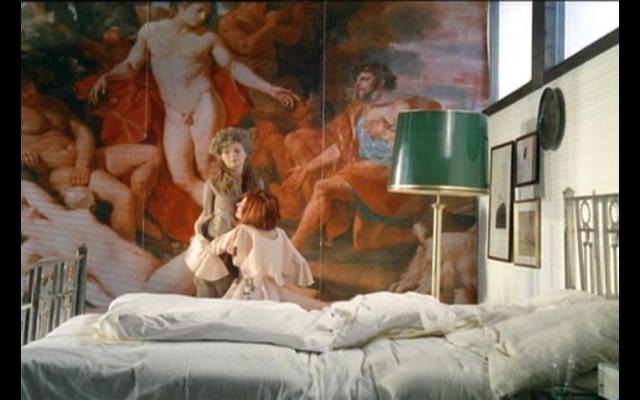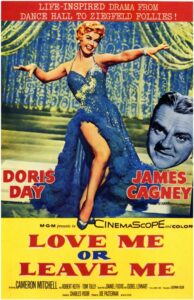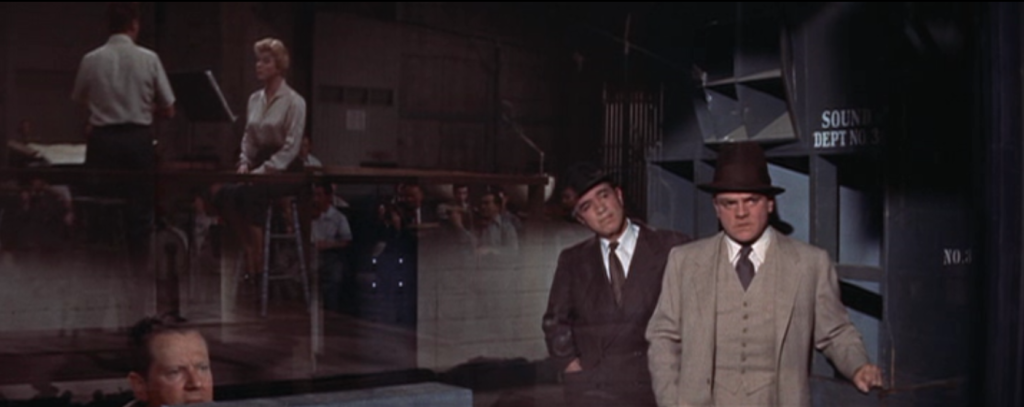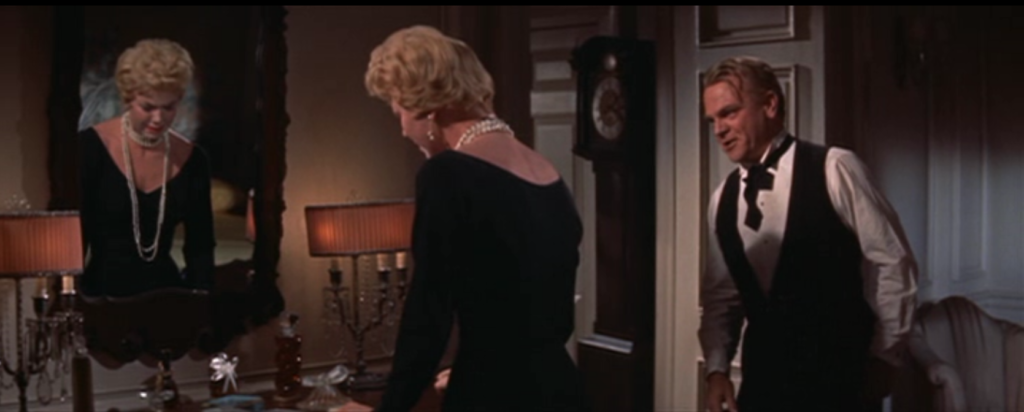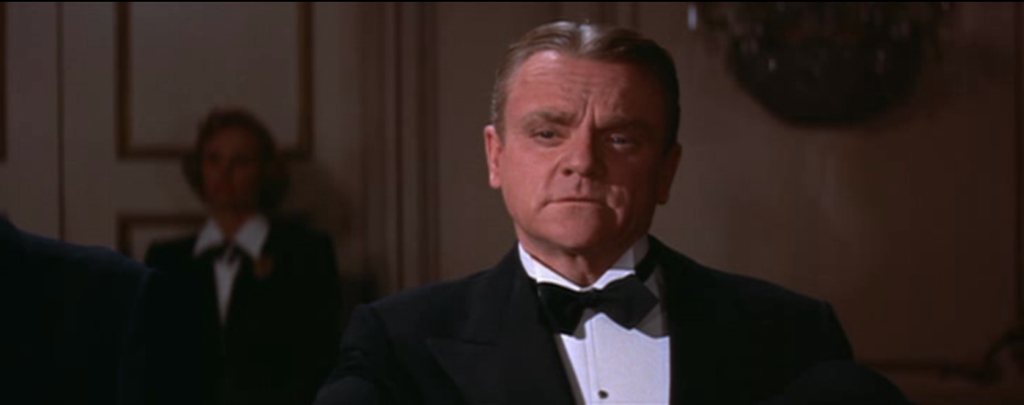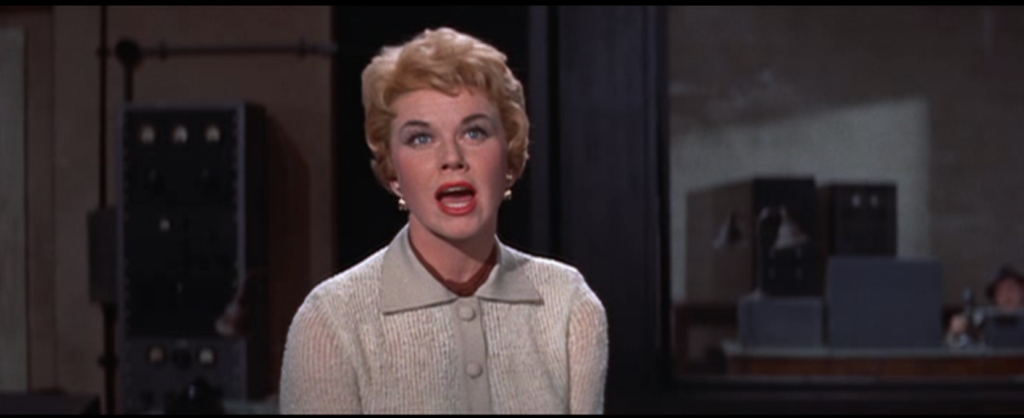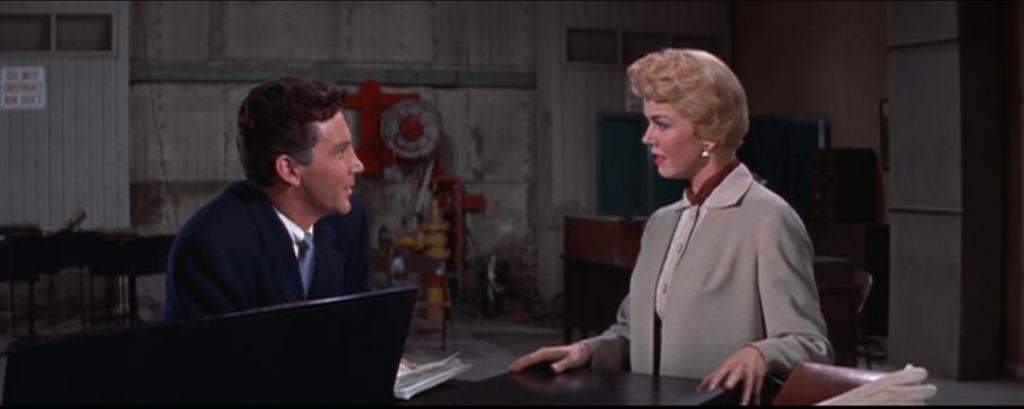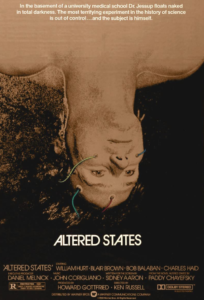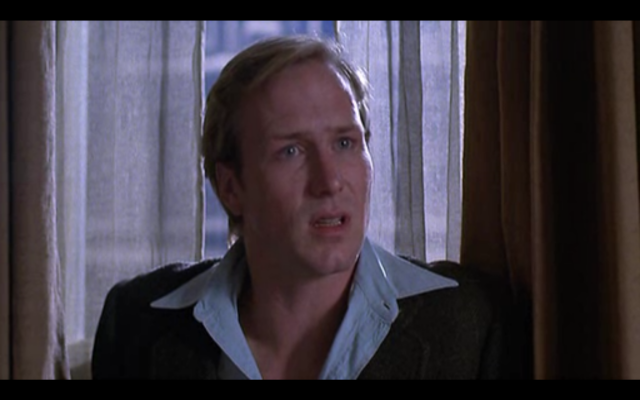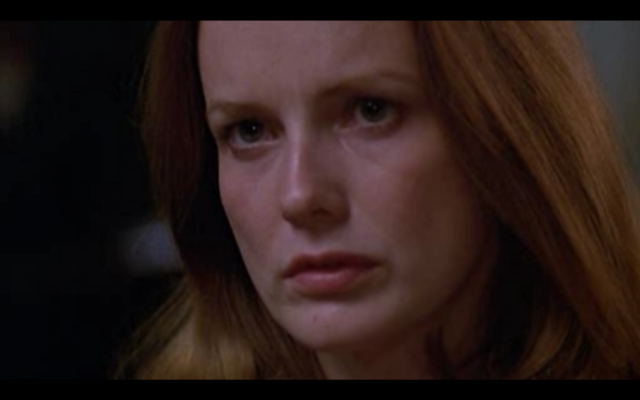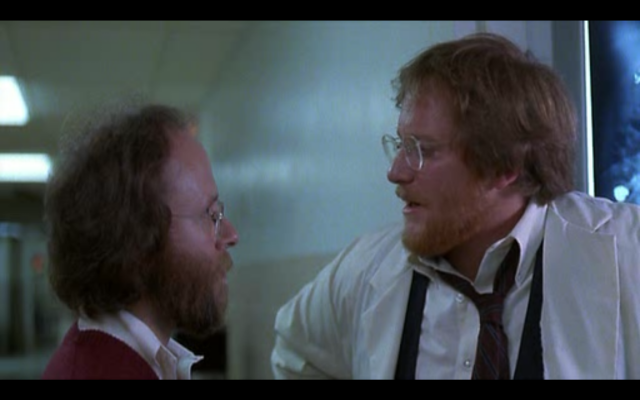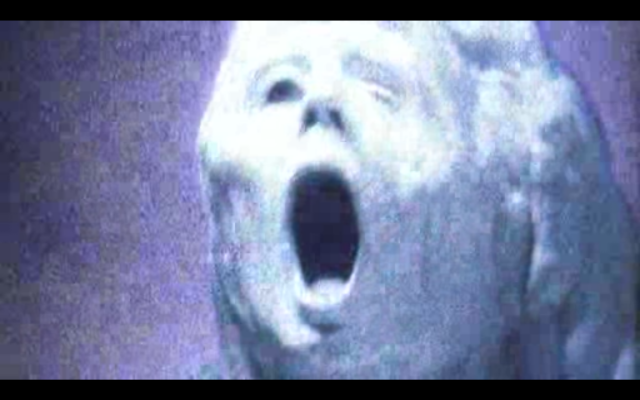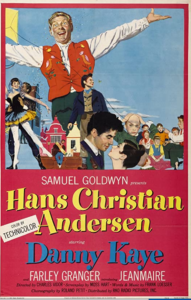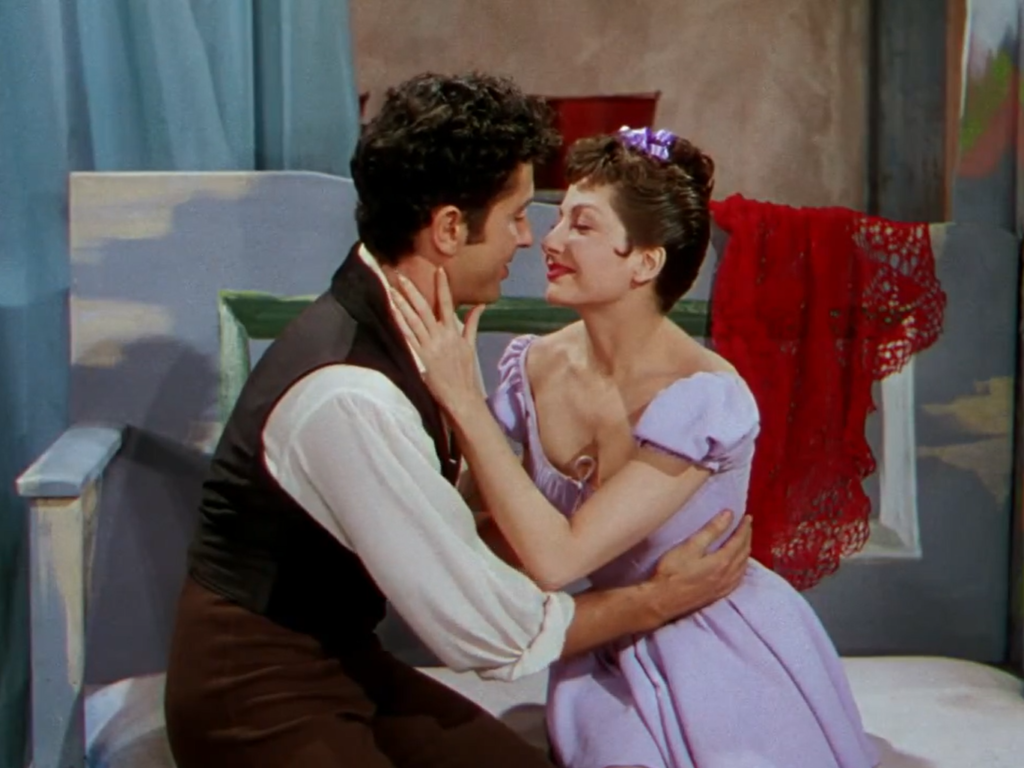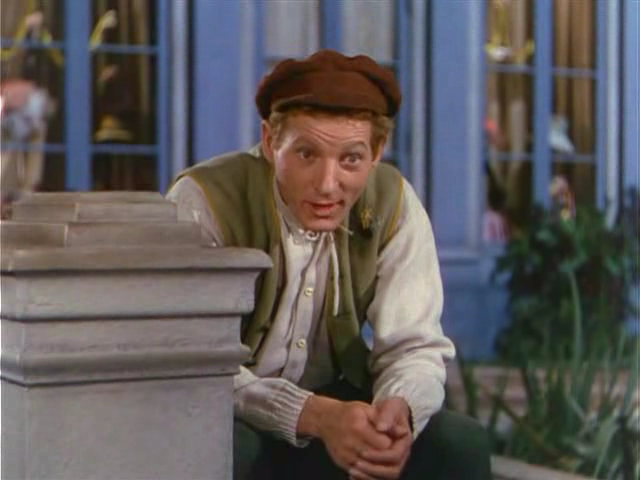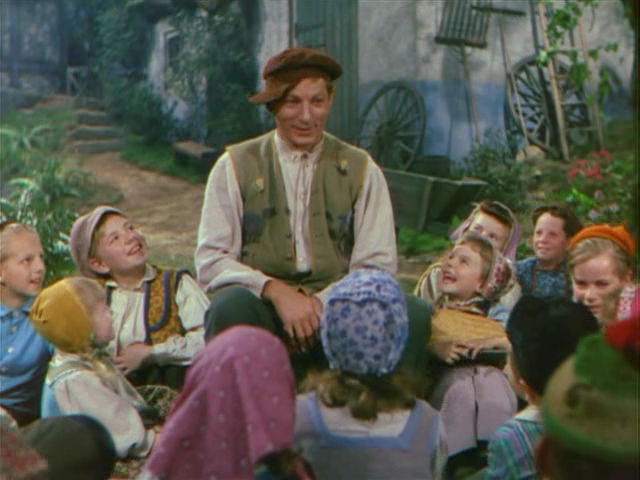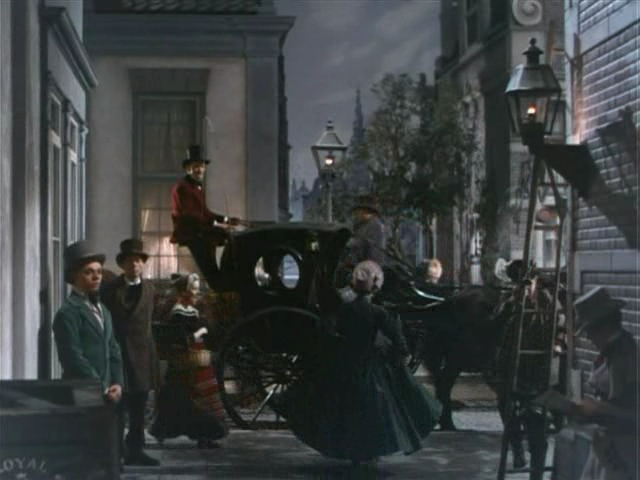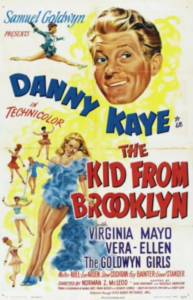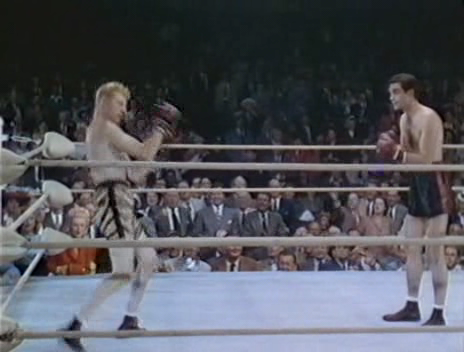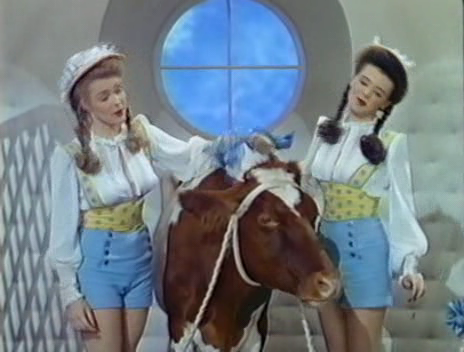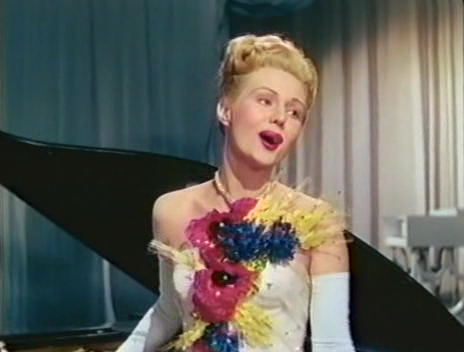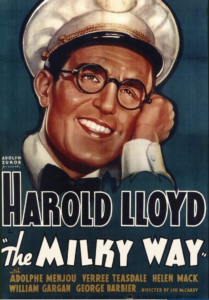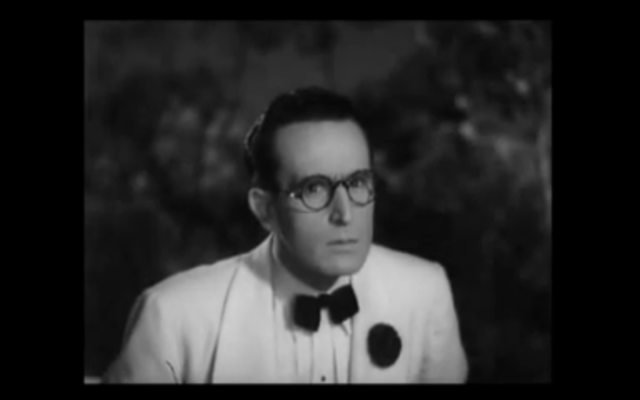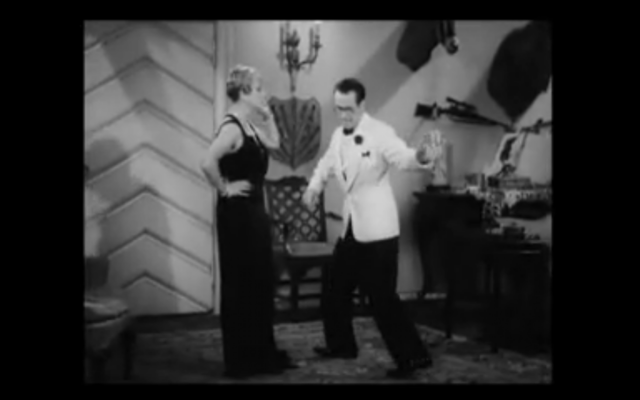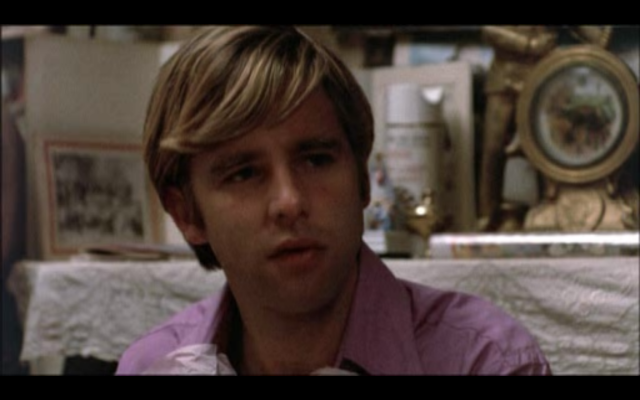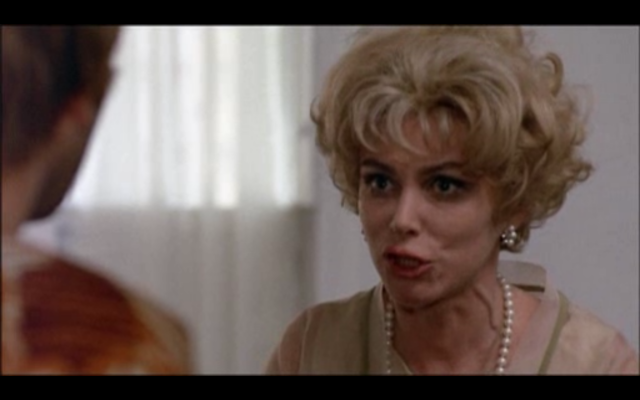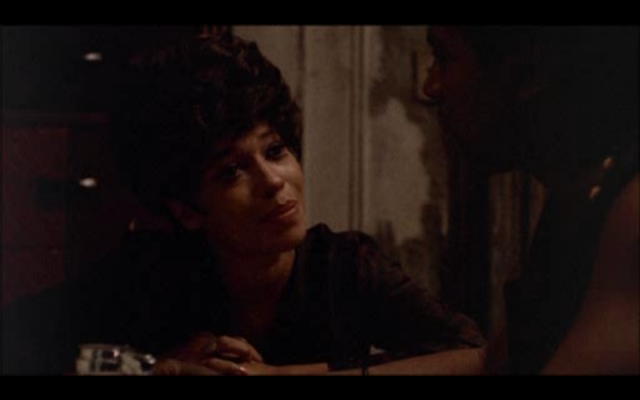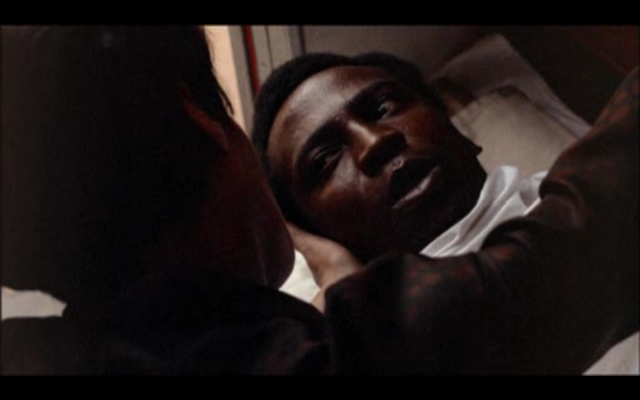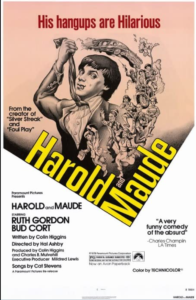|
Genres, Themes, Actors, and Directors:
- Black Comedy
- Bud Cort Films
- Death and Dying
- Hal Ashby Films
- May-December Romance
- Misfits
- Nonconformists
- Ruth Gordon Films
- Suicide
Response to Peary’s Review:
As Peary notes, this black comedy by director Hal Ashby remains “one of the most popular of all cult movies” — one which, unlike King of Hearts (another counter-culture hit of the era), actually “holds up quite well today”. Peary argues that it possesses an “uplifting quality, a breeziness, a spark, [and] a wonderful sense of successful rebellion that more than compensates for first-time screenwriter Colin Higgins’s self-indulgences, puerile moments, and misdirected flights of fancy”. When I first saw Harold and Maude as a teenager, it hit me in just the right way: I could relate (along with so many others) to Harold’s sense of repression, and was truly taken with the film’s uniquely perverse sense of black humor; each of Harold’s infamous “faux suicide” attempts — and his mother’s utterly nonchalant responses to them — took me by giddy surprise. Meanwhile, I remember being genuinely inspired by the “simple things” Maude teaches Harold: “not to back away from life, to be an individual, to experiment, to take chances, and to sing and dance and play music”.
Watching it again years later, I’m much more aware of the script’s heavy-handed faults, yet there’s still much here to take delight in. Cort and Gordon are perfectly cast as cinema’s most enduring odd couple, epitomizing a “May-December romance” taken to chronological extremes (Gordon’s 80-year-old character could actually be 20-year-old Cort’s great-grandmother — just chew on that one for a while). The suicide attempts remain clever and often laugh-out-loud funny; my particular favorite has Harold committing elaborate hara-kiri in front of his third blind date, an aspiring actress named Sunshine (Ellen Geer) who — rather than reacting with horror like her predecessors — shrieks with delight and proceeds to join Harold in his dramatics (though I wish the scene went on for a bit longer — I’d like to know what happened next!). And it’s true, as Peary notes, that there are “touching glimpses” throughout the film which reveal the shadow-side of Maude’s exuberance for life — though along with many others, I find the film’s surprising ending a bit “infuriating”, and am not quite sure I agree with Peary that it “makes sense”.
P.S. In both his GFTFF and Cult Movies reviews of the film, Peary makes an interesting comparison between Harold and Maude and Val Lewton’s Curse of the Cat People, noting the parallels between Ruth Gordon and Simone Simon, who becomes “an unhappy little girl’s imaginary playmate, her one friend, until the girl can turn elsewhere”.
Redeeming Qualities and Moments:
- Bud Cort as Harold
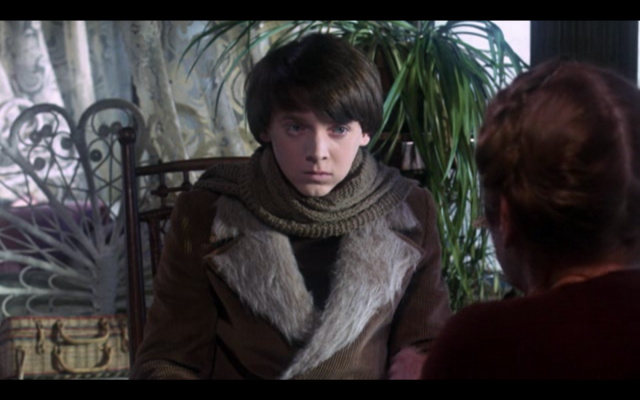
- Ruth Gordon as Maude (Peary nominates her as best actress of the year in his Alternate Oscars)
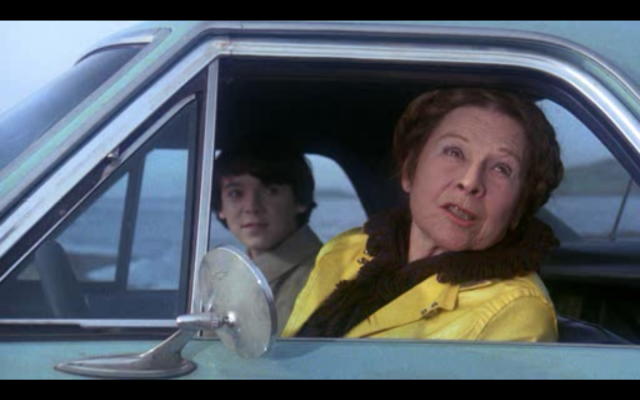
- Vivian Pickles as Harold’s mom

- Harold’s faux suicide attempts
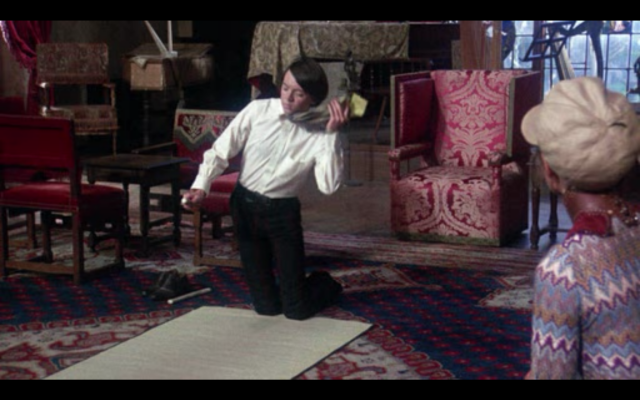
- Cat Stevens’ “terrific, cheery” score
Must See?
Yes, as a genuine cult favorite.
Categories
(Listed in 1001 Movies You Must See Before You Die)
Links:
|
